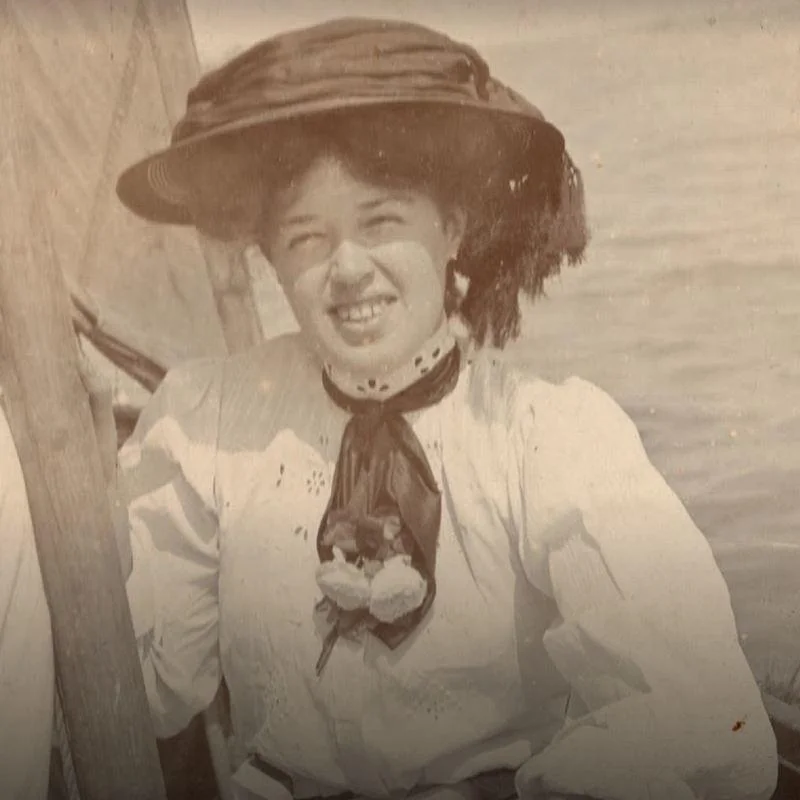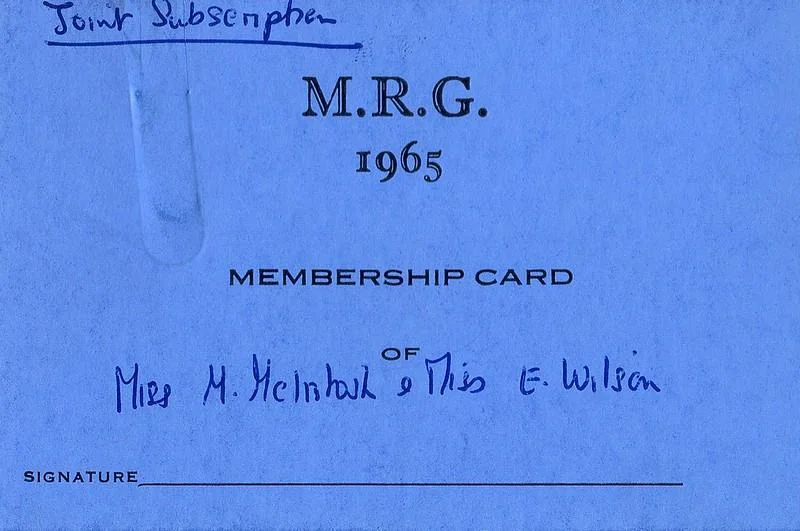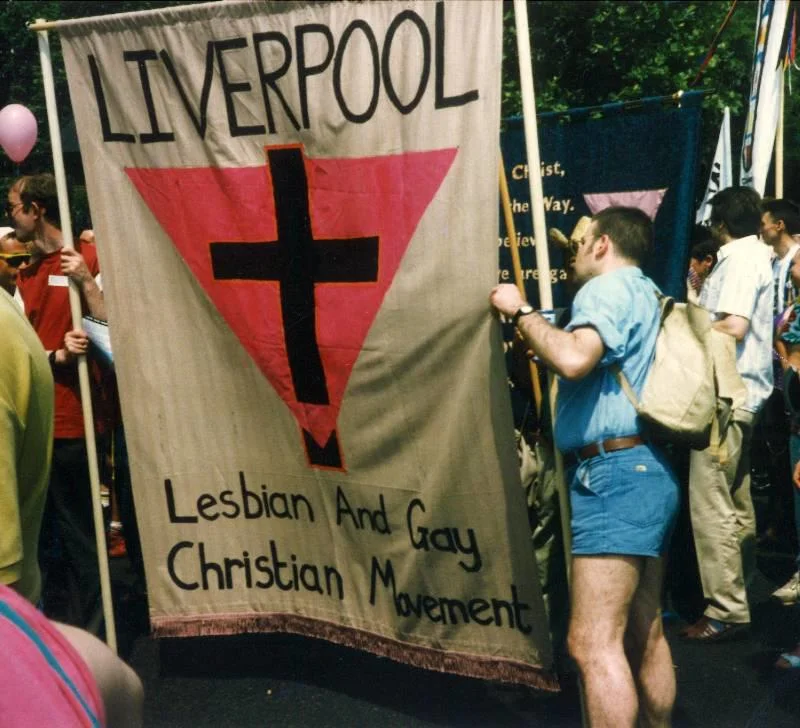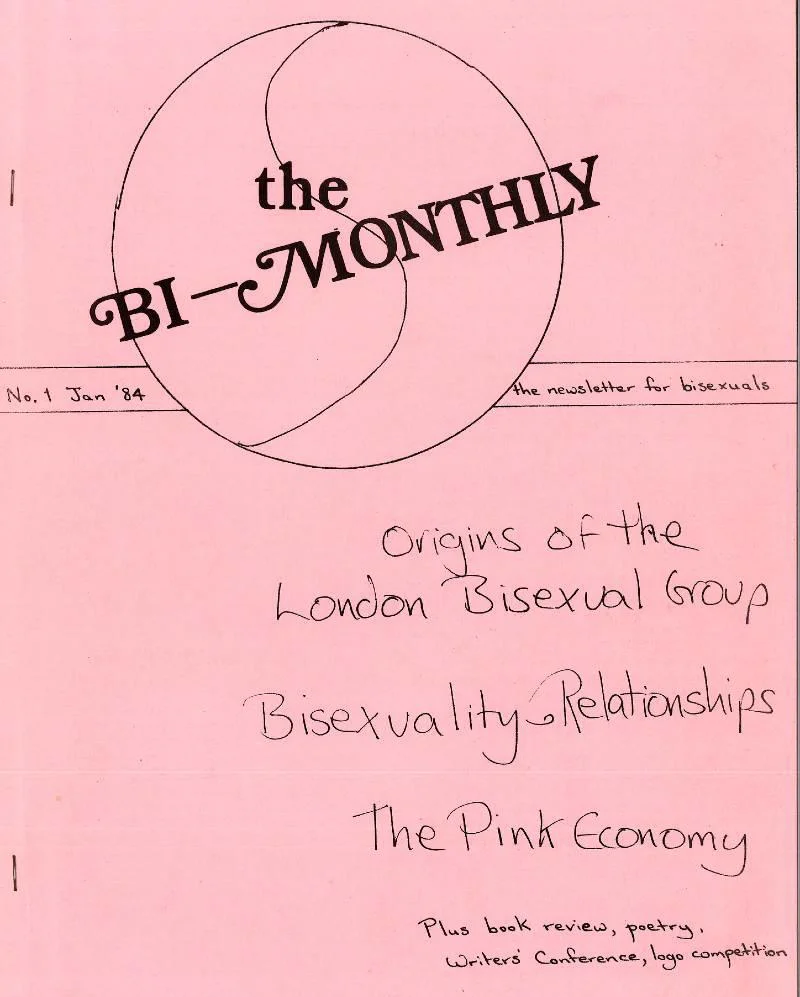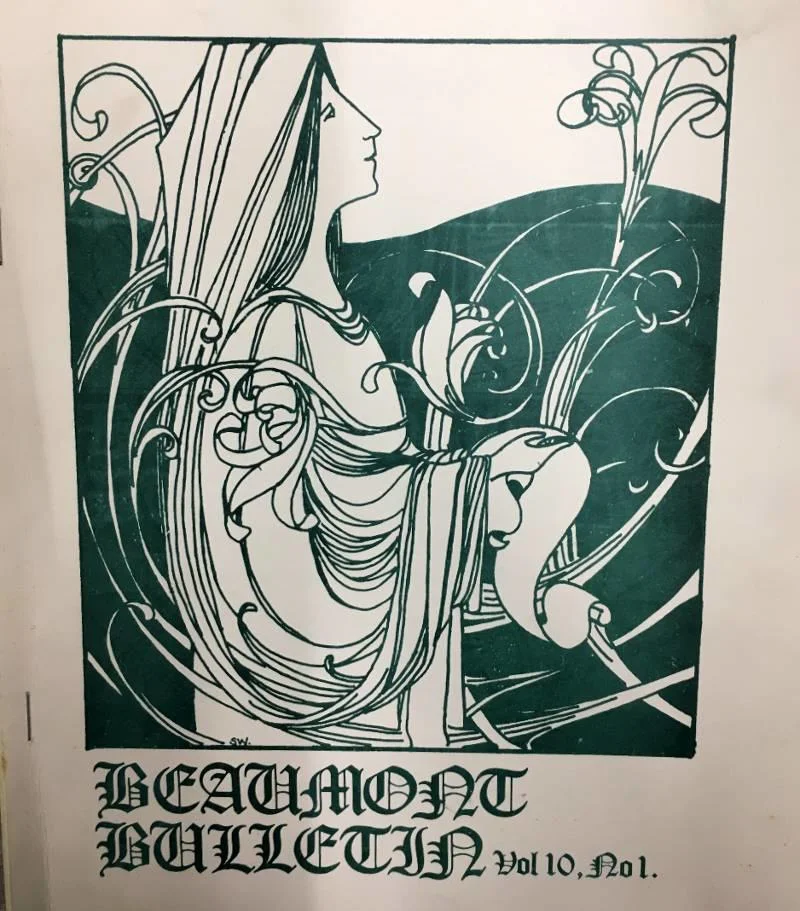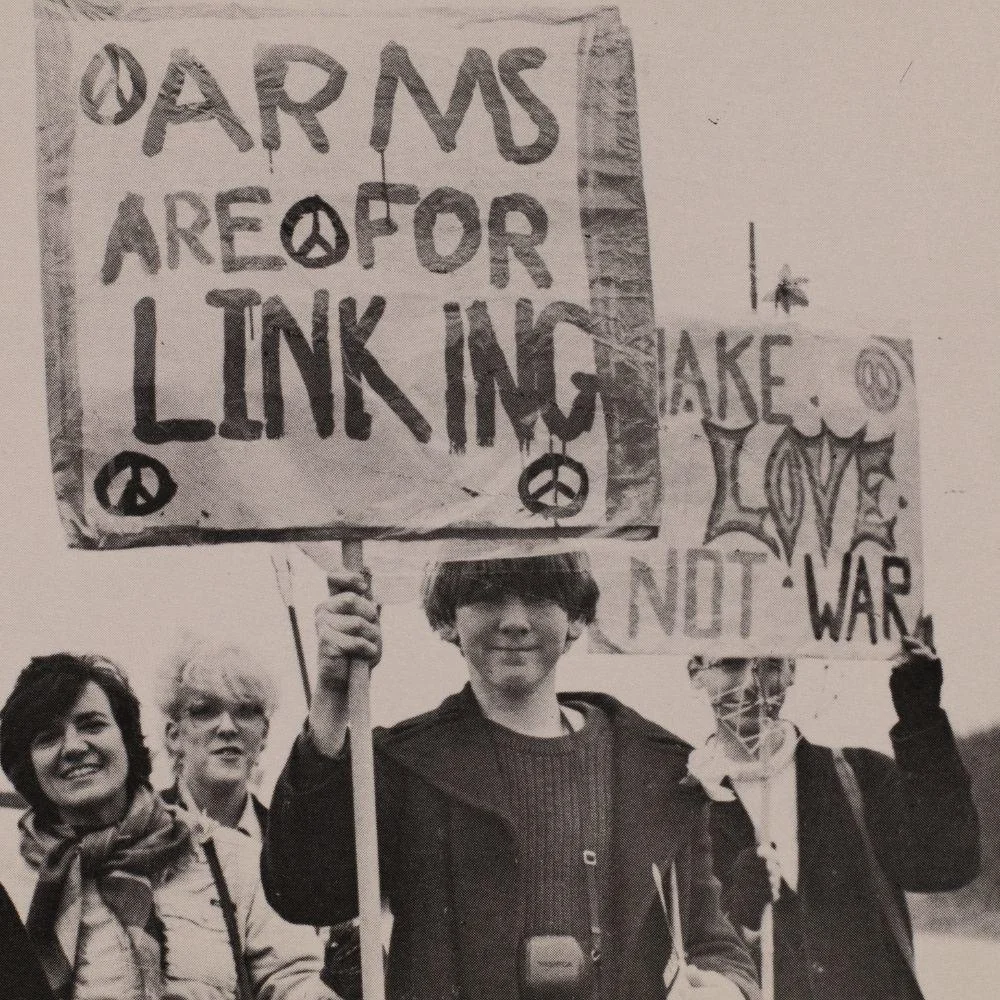LGBT+ collections

"Every person has the right to explore their sexuality without moral, social or political pressure" - Gay Liberation Front, 1970
Explore our archives and other sources relating to LGBT+ history.
The Hall-Carpenter Archives

The Hall-Carpenter Archives is one of our flagship collections holding the papers of activists and organisations that campaigned for LGBT+ rights. It was named in honour of pioneers Radclyffe Hall and Edward Carpenter but there is very little relating to them in the archive.
LGBT+ resources guide
Digitised material
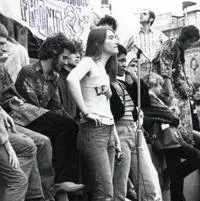
Gay Liberation Front
Read GLF newspaper Come Together and GLF Diaries
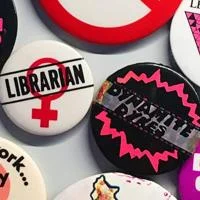
LGBT+ Badges

Christian Voices Coming Out
Oral histories of pioneering gay Christian activists, advocates and allies to mark 40 years since the founding of the Gay Christian Movement in 1976.
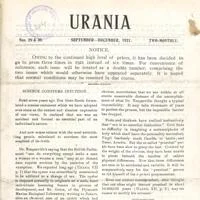
Urania
Read Urania, a journal founded by Eva Gore-Booth, Esther Roper, Thomas Baty (Irene Clyde), Jessey Wade and Dorothy Cornish in 1916 running until 1940. It challenged gender and sexuality, conveying a radical but simple message for the time, that ‘sex is an accident’. The journal contains reports of successful gender reassignment cases.
Blogs
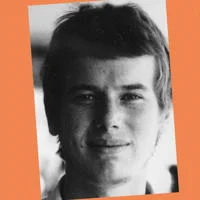
Find out about the LSE student, Bob Mellors, who brought the ideas of the Gay Liberation Front to the UK after visiting the States in 1970.

Dr Clifford Williams writes about the conferences of the pressure group, Campaign for Homosexual Equality.
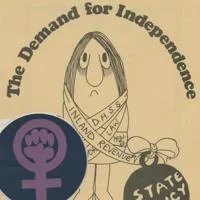
Explore the papers of Mary McIntosh, sociologist and early member of the GLF.

Jenny White reflects on the legacy of the journal Urania.
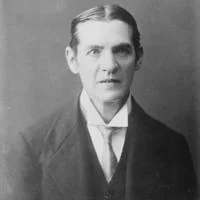
Find out about the people behind the radical journal Urania.
Read "Society has split perfection into two": Aethnic Union, Urania & LSE

Find out about a sound trans project which was inspired by Stephen Whittle’s archive.
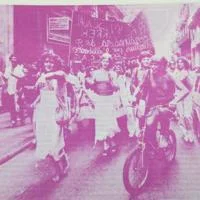
Iago Moro Arcas looks at LGBT+ journals from Spain.
Read Spanish Queer Publications in the Hall-Carpenter Archives

Explore the history of the Black Lesbian and Gay Centre.
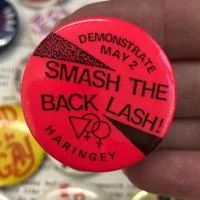
Learn about a 1987 demonstration in North London.
Read Smash the Backlash: LGBT+ rights campaigning in Haringey
Articles
Philippa Fletcher and Noah Petts combine archival research and oral histories to consider the the GLF badge.
Read about 'The Lives and Legacies of the British Gay Liberation Front Badge, 1970-2024' by Philippa Fletcher and Noah Petts in The Historical Journal, 2025, pp 1-23.
Find out about Britain's first radical feminist lesbian printing and publishing company, Onlywomen Press, founded in 1974.
Read “Balancing on a Razor’s Edge’: Running the Radical Feminist Lesbian Onlywomen Press’
Videos
Podcasts

Prof Stephen Whittle talks about the history of Press for Change.
Listen to 'Pressing for Change: 25 Years Seeking Trans Equality
Online exhibitions

Explore how GLF broke down barriers and led the way to a more liberated gay community.

Find out about the different campaigns of non-violent, direct action, pressure group, OutRage!
Share your research
Most of the research here was done by staff of LSE Library. However, we are very interested in your research and what you find in the archives. If you’d like to know more or would like to share your research on this page, please do get in touch.
